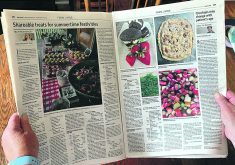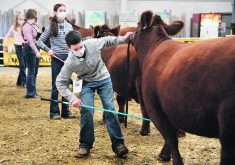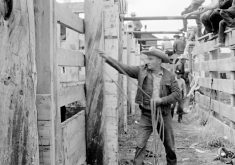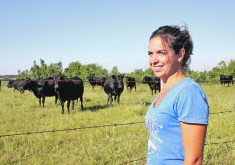A 41-year-old documentary from the National Film Board of Canada is about more than a greenhouse business that provided jobs for 34 years to people who otherwise might have struggled to earn a living.
“They had quite an adventure,” said Dave Fortman about his mother, Margaret, and her co-workers at the Churchill Park Greenhouse Co-op in Moose Jaw, Sask.
“They became a family, actually.”
The Western Producer is profiling Everyone’s Business, a 20-minute film released in 1982, as part of our monthly Perspectives from the Prairies series. It is a year-long look at films selected by the NFB in honour of the newspaper’s 100th anniversary.
The co-op was founded in 1974 to ensure people facing mental, physical and social disadvantages earned a normal wage for their work, said former general manager Don Mitchell, who later became a city councillor and mayor in Moose Jaw.
“And there were sort of sheltered workshops that paid token payments to employ these people doing various types of assembly work or whatever, and (we) were looking at an alternative that would employ them on the basis of equality.”
Following a feasibility study, production began in 1975 in greenhouses that had formerly been operated by a florist, with staff becoming unionized in 1977. The co-op raised a variety of produce, from tomatoes and cucumbers to bedding plants, until it closed in 2009.
It could be difficult to keep the doors open, said Mitchell, who is shown in Everyone’s Business dealing with cash flow problems caused by customers paying their bills late. Another scene shows employees trying to figure out if the co-op was going to be able to afford to pay their wages.
Forty-one years later, Mitchell sometimes has dreams about those days.
“The ongoing impact of the challenges that we were having through the tough years continued to stay with me, and I’ve had these hassled dreams up until fairly recently where I was back at the greenhouse and some crisis is happening that I’m trying to work through.”
Despite often struggling for survival, the co-op employed more than 200 people during its existence. It was honoured with an historical monument during a ceremony in Moose Jaw in 2022.
A summary of the film by the NFB described the co-op in 1982 as a “small produce business, much like any other trying to survive in a deteriorating economy. What makes it special is that eight out of the nine (current) co-op members are disabled.”
However, Fortman said he didn’t consider any of the employees to be handicapped.
“I look at it in a different way. I think they just had a little different look at life than we did, and I mean they really did good together.”
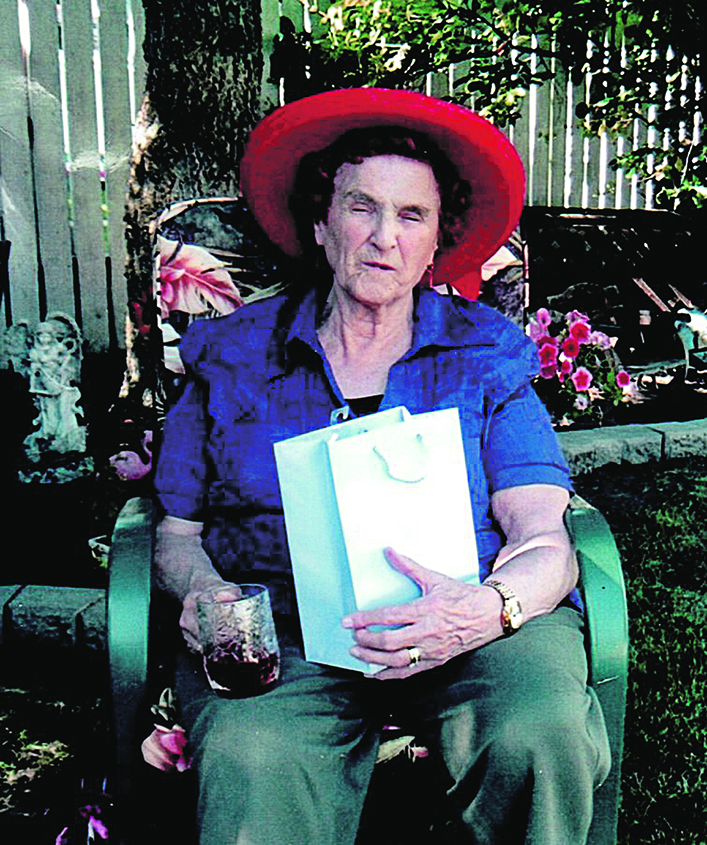
Margaret, who became a member of the board of directors, was blind from age 14 until she died in 2019 at the age of 93, he said.
“She was just a very bubbly person, and being blind, her other senses took over, so she had this like, almost, I’m going to call it a computer for a mind.”
She is shown in the film helping wash and wrap cucumbers, as well as making phone calls to potential customers.
“And I don’t remember her ever having a phone book,” said Fortman, recalling how she initially helped organize events such as banquets for the local White Cane Club using a rotary dial phone.
“She remembered every phone number and every person’s name and just, ‘oh, I’m going to call so and so,’ and you go, ‘OK, how do you know who you’re calling? How do you know all these numbers?’ But it just became natural.”
She raised numerous children and was a blind bowling champion for Saskatchewan many times in a row, said Fortman. She also enjoyed activities such as cross-country skiing, which she accomplished with the help of a person with sight.
One of the highlights of the film is employee Tom West, who had been sent to a children’s shelter after his mother died. He was misdiagnosed there as having a mental handicap, and although it wasn’t true, he spent 33 years in an institution.
After starting work at the co-op, he was able to get married and raise a daughter. Mitchell is shown in the film helping West decide whether to buy a used car.
Director Mary Armstrong found out about the co-op because her mother grew up on a farm near Moose Jaw and Mitchell was a family friend.
“I’ve always been interested in social and political issues, and so it was kind of a no-brainer. I mean it’s such a wonderful idea and it still is,” said Armstrong about the co-op.
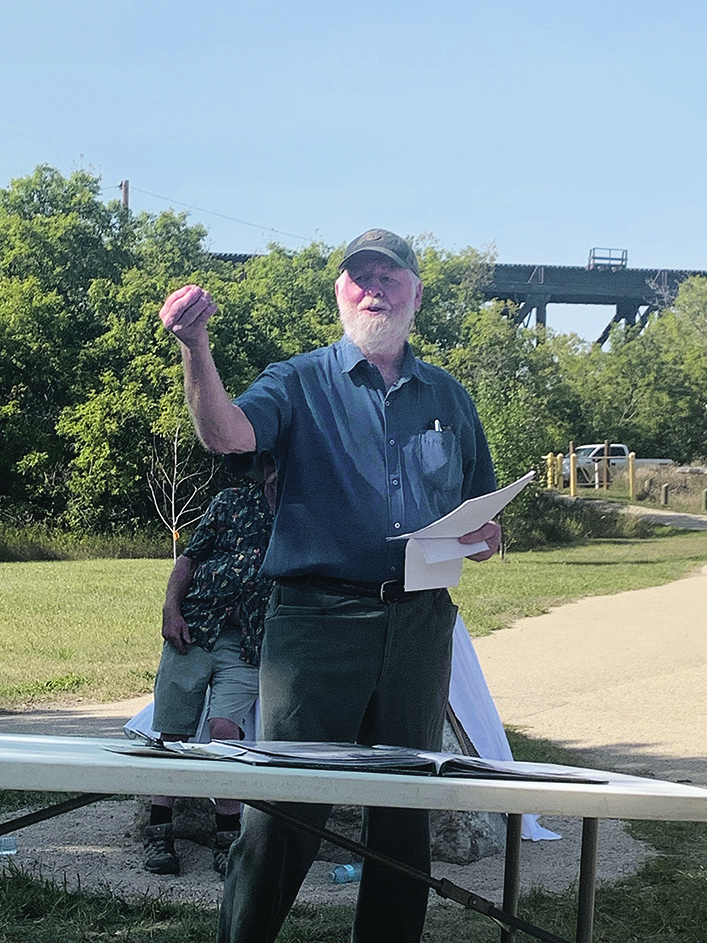
“We should still be doing that, employing people who are considered unemployable. It just makes so much sense and it’s so endearing. I just watched the film again. I hadn’t seen it in a while, and it’s brought a lot of emotions because it’s just so meaningful. Just watching those people thrive is so wonderful.”
Mitchell, who grew up on a farm, had been working on his master’s thesis, which became a book called The Politics of Food, when he became involved in the co-op. He is disappointed that the issues highlighted by Everyone’s Business have not only gone unresolved in the last four decades but have become worse.
More Canadians are relying on food banks to feed their families as the cost of food soars amid rising inflation. More people can no longer afford housing due to the skyrocketing cost of rent, with the homeless becoming a common sight in many cities.
“It’s discouraging and depressing news on almost every front,” he said.
The film ends with the co-op’s employees and their families relaxing at a picnic as West plays baseball and Margaret hits the pin during a game of horseshoes.
“Churchill Park isn’t just another greenhouse,” says a narrator.
“It isn’t just another workplace. It’s a demanding job without much security, but with the satisfaction of working together — and an acute awareness of the alternatives of welfare, sheltered workshops or minimum wage — it’s a job they’ll fight to save.”






